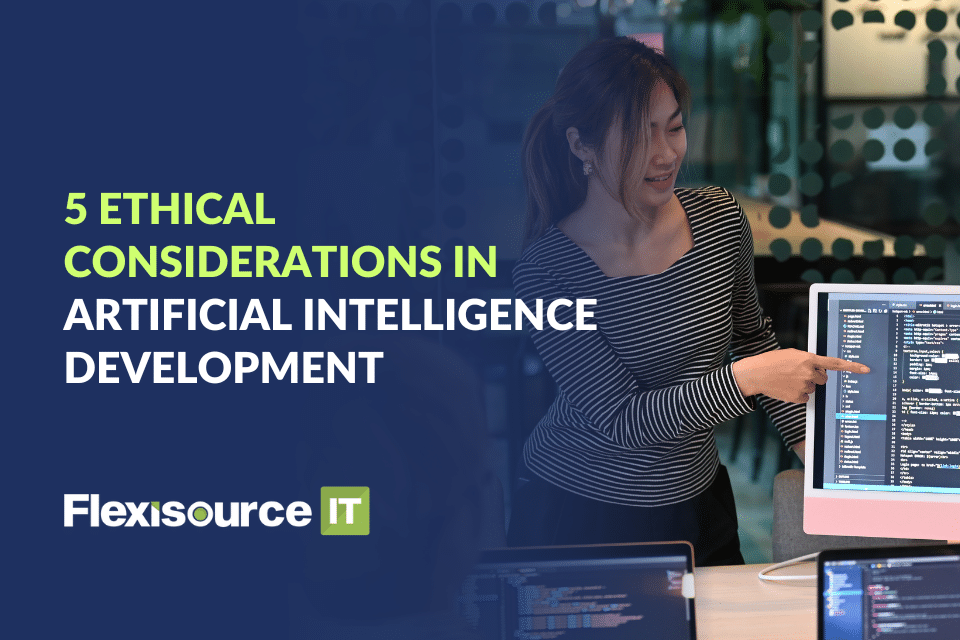5 Ethical Considerations in Artificial Intelligence Development
As artificial intelligence (AI) continues to revolutionise various sectors, its development is met with significant ethical challenges. These challenges are not just technical; they touch upon fundamental human values and […]
5 Ethical Considerations in Artificial Intelligence Development Read More »











